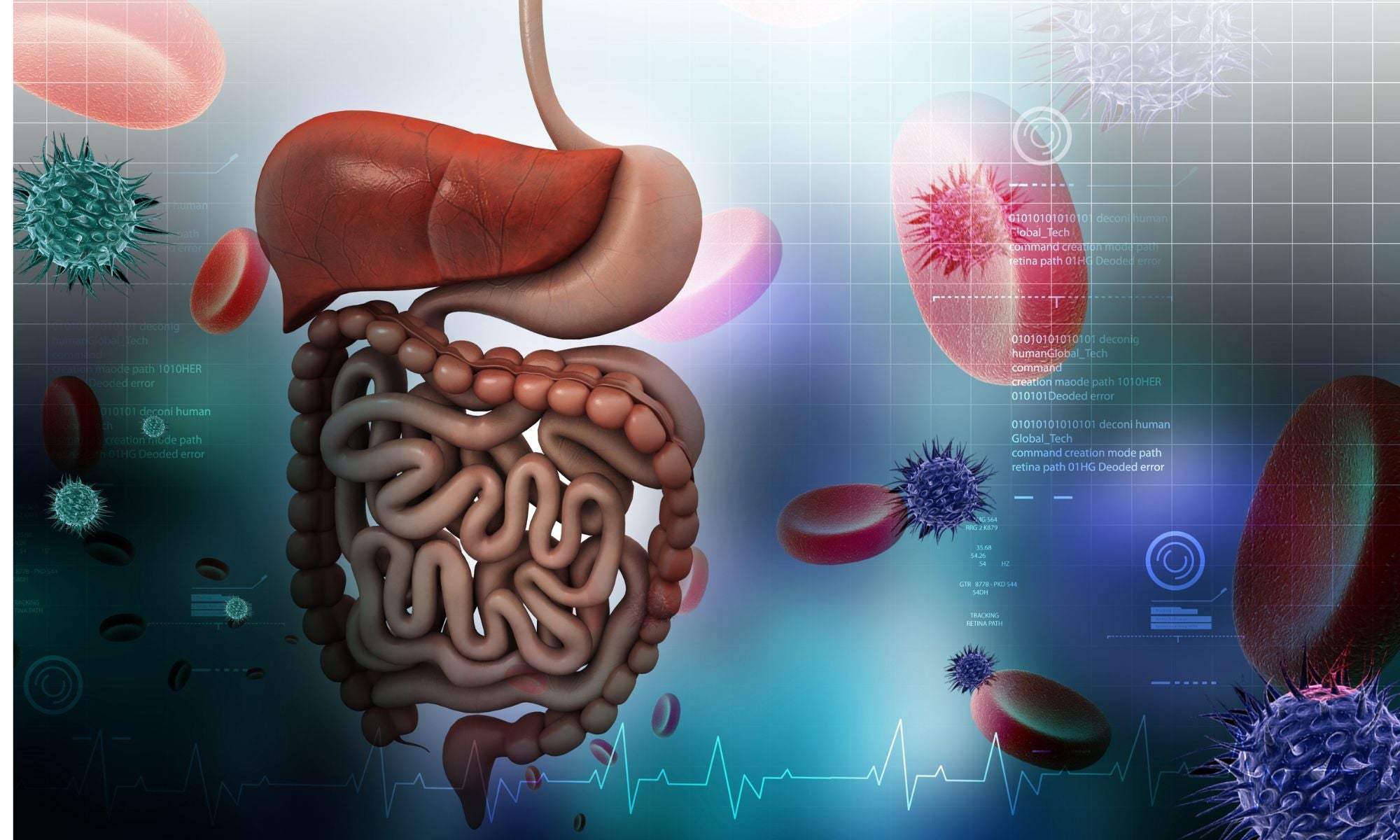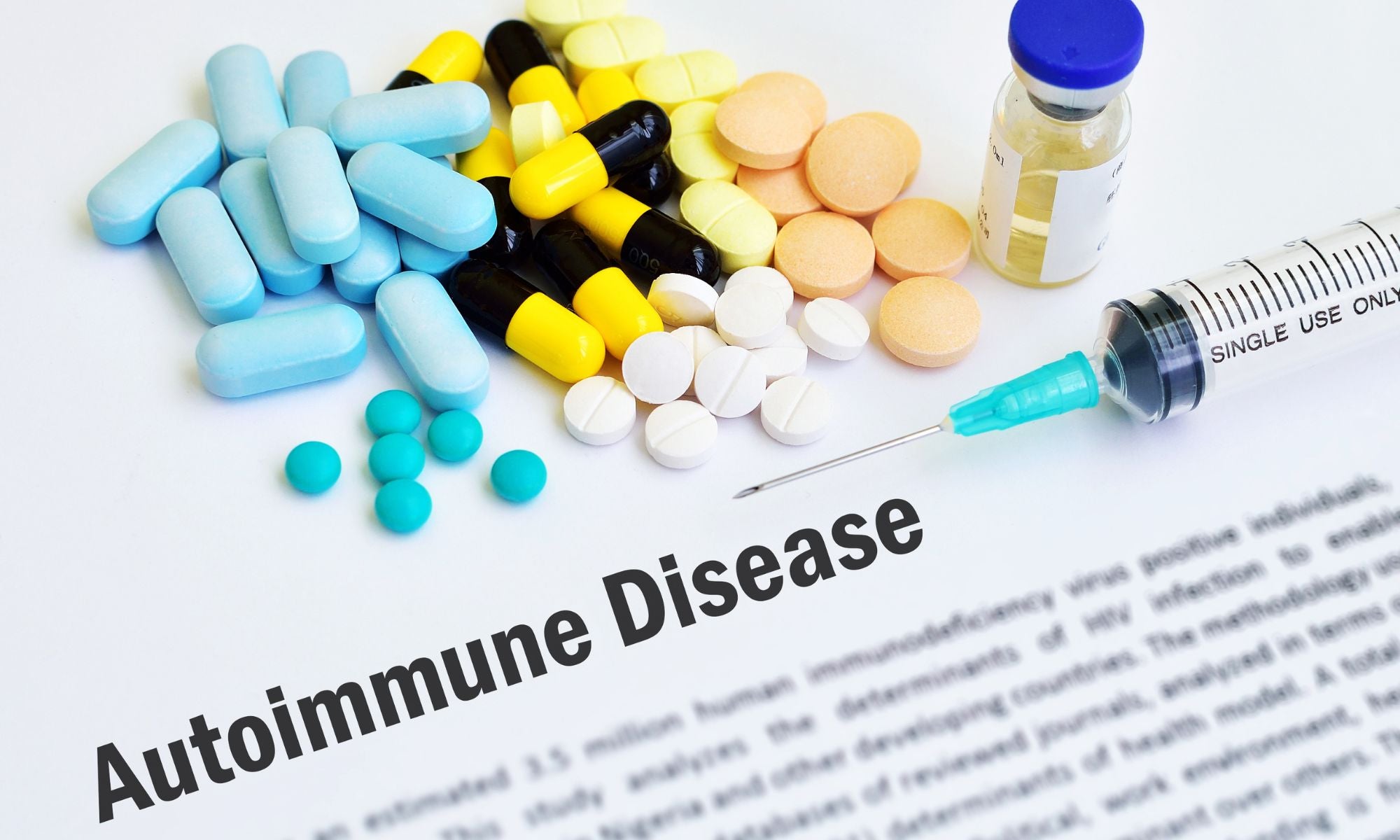
THE IMPORTANCE OF FIBER TO YOUR HEALTH
How important is fiber and how much do we need?
In the journey of getting fit, many people nowadays are too focused on keeping track of calories and counting grams of artificial sugars and carbs. Sadly, there is one nutrient that is often overlooked—fiber.
Fiber is very good for your health. Scientists have proven this fact for a very long time. It is left undigested even after it passes the stomach, and then finishes up in the colon to feed the good bacteria in the gut, which provides several health benefits.

Years ago, Denis Burkitt (an Irish physician) once said that “America is a constipated nation… if you pass small stools you have to have large hospitals.” Despite of his warning, most people are still overlooking the importance of fiber consumption.
Did you know that the average American adult only eats around 15 grams of fiber each day? This is a not a great news when you look at the daily recommended fiber intake given by the Academy of Nutrition and Dietetics.
Here are the daily recommendations:
- Women must consume 25 grams of fiber daily
- Women over 50 years of age are only required 21 grams of daily fiber intake
- Men must consume 38 grams of fiber daily
- Men over 50 years of age are only required 30 grams of daily fiber intake
Recently, new studies have been educating the world how fiber works in helping the body. This excellent nutrient is associated to lowering the risk of various health conditions, such as food allergies and type 2 diabetes.
But keep in mind that it is not about consuming a high-fiber diet, but about eating more fiber every day! After all, fiber doesn’t just help with weight loss. It is truly powerful in lowering the risk of disease.
If you fail to consume the daily recommended fiber intake, it will negatively impact your gut, and your overall health.
Do we really need fiber?

A lot of studies have associated a high-fiber diet with a healthier, and even a longer life.
In 2017, there was a research that shows the importance and connection of fiber to the gut microbiome. A regular diet with the right fiber consumption feeds and increases the good bacteria in the gut, which is a good thing. Keep in mind that having more beneficial bacteria in the gut means a thicker mucus wall. The mucus wall decreases inflammation all over the body, while the good bacteria aids in proper digestion.
One amazing thing about the gut microbiome is how it changes by the weeks or days that pass by. If you consume a lot of whole foods, such as grains, fruits and vegetables, your gut will greatly benefit. On the other hand, consuming low-fiber snacks can harm your gut and mucus wall.
In Summary

Fiber is an essential nutrient. Eating fiber-rich foods helps in supporting weight loss and treating constipation. It also assists gut health, reduce blood pressure, and manage blood sugar levels.
Just remember that consuming too much fiber may produce unwanted results, such as gas, intestinal blockages and digestive problems. However, the possibility of this happening is very little since most people find it hard to consume enough fiber in the first place.












